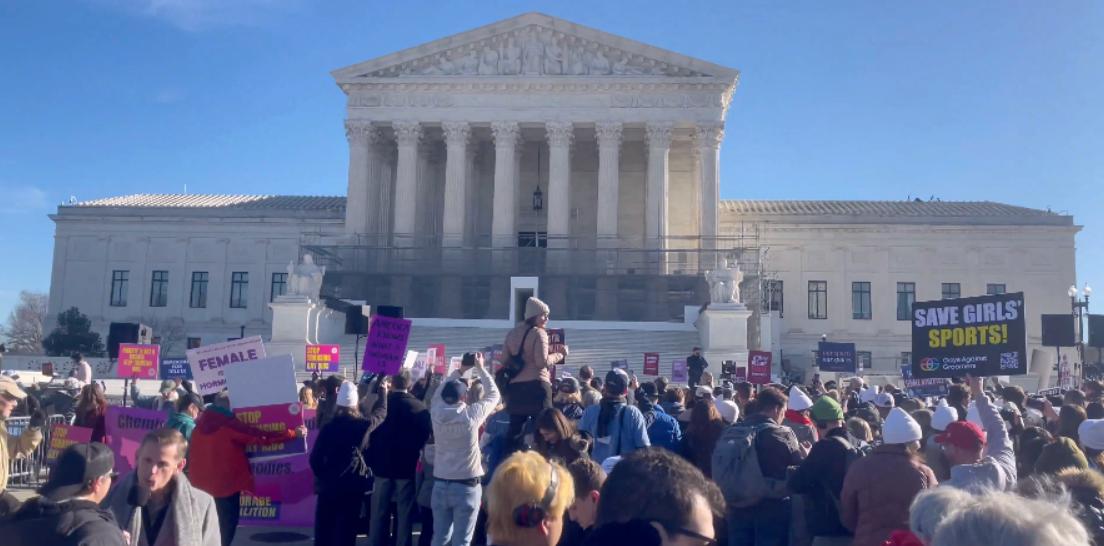Two popular songs in the upcoming Disney remake of The Little Mermaid have apparently been rewritten to fit the woke sentiment that nothing at all can be produced that could potentially offend young ears.
This is just the latest iteration. Earlier this year, book publishers set out to rewrite the words of Roald Dahl and RL Stine’s books, changing the language that they had originally put down.
Karol Markowicz recently wrote for Fox News that Disney has reportedly removed terms such as “ladies and gentleman” from their parks and “have committed to inserting leftist political ideology into their films.” She also suggested that Disney is financially suffering for kowtowing to woke sentiments, the vast majority of which Americans do not like.
The latest iteration of this is the recent rewrite of two prominent songs in Disney’s The Little Mermaid, a film that has already switched the white female protagonist to a black female protagonist. However, Whoopi Goldberg of The View believes that change of song lyrics for the film is okay since the original composer, Alan Menken, is the one making the changes. For Goldberg, self-censorship isn't a big deal.
It is difficult to imagine that Menken was stoked about making the changes, especially when one considers the response that he provided when prompted on the issue: "There are some lyric changes in ‘Kiss the Girl’ because people have gotten very sensitive about the idea that [Prince Eric] would, in any way, force himself on [Ariel]. We have some revisions in ‘Poor Unfortunate Souls’ regarding lines that might make young girls somehow feel that they shouldn't speak out of turn, even though Ursula is clearly manipulating Ariel to give up her voice."
Markowicz suggested that the phrases “people have gotten very sensitive” and “might make young girls somehow feel” serve as clear evidence that the composer really has no choice in the matter. He has been forced to comply with woke sentiments. If he had wanted the lyrics to reflect what they will be for the new film, then he would have written them that way when he first set down the musical score.
She goes on to suggest that the changes do not appear to match the general plot of the story. Ariel restructures her entire life in an effort to be kissed by Eric, including the prospect of losing her voice. There is clearly no question that she wants Eric to kiss her, and Markowicz notes that “it’s a rewrite of human nature to say that consent only comes with verbal confirmation,” adding that “Ariel has given up her voice to try to be with Eric. She wants the kiss.”
Markowicz goes on to say that not all human interaction needs “to be spelled out in words,” and “the rest of us want it to still be acceptable for a man to lean in to kiss a woman instead of asking for permission.”
On the other hand, “Poor Unfortunate Souls” has apparently been reworked so that Ursulsa, the bad guy, does not come off as the enemy, even though she is deliberately manipulating Ariel. If there is a single character in a story that we should not be comfortable with, it should be the bad character. They should say things that make us squirm. That is the purpose of the character. But that notion appears to be whitewashed from the ensemble.
Markowicz concludes that the “only shocking part” about this entire debacle is “how easily American companies are going along with it and how the American public, so far, isn’t fighting back.” Disney is similar to other corporations and academic institutions, in that it has been overrun by a very loud and obnoxious minority who believe that it is necessary to shut down any view that is not their own.
She concludes: “But Americans don’t have to accept this forced conformity. They can choose to say no. And they should.”





